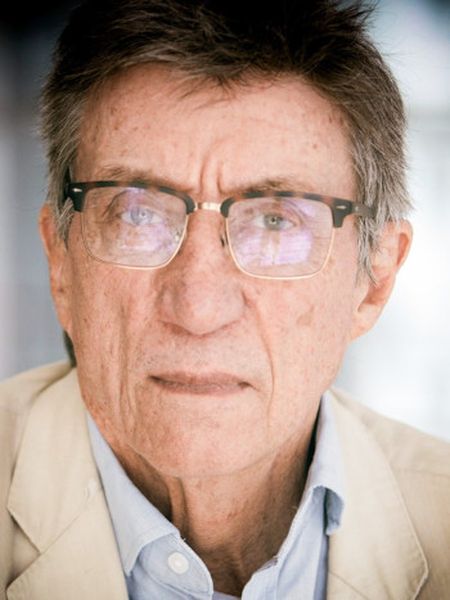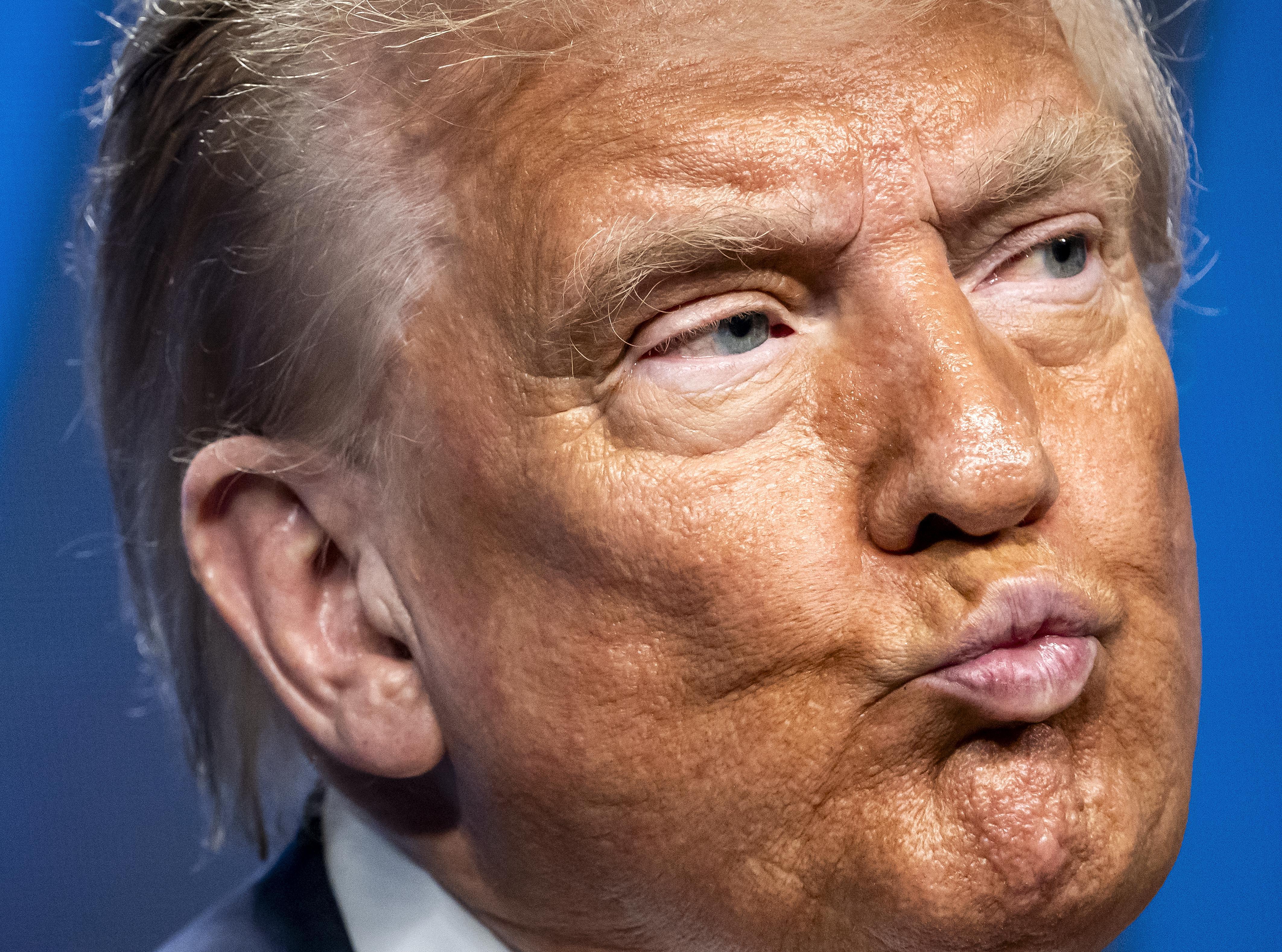The South African government is still pinning its hopes on full US participation at the G20 Summit, despite intermittent attendance of US officials in the meetings preparing for the summit in Johannesburg in November.
International Relations and Cooperation Minister Ronald Lamola said on Thursday that the US participation “remains very critical and important” as the G20 is a consensus-based organisation and all of its members had to agree on the outcome document from the summit.
The US does “participate … fully in the finance track. And in the sherpa track, not fully; and recently, not at all,” Lamola replied to questions at a press conference in Cape Town.
/file/dailymaverick/wp-content/uploads/2025/07/ED_544212d.jpg)
He added that the US had sent an apology for its sherpa not attending last week’s third sherpa meeting at Sun City. Lamola’s spokesperson, Chrispin Phiri, told Daily Maverick that the reason the US gave was that its sherpa was attending the Nato summit that was taking place in The Hague at the same time.
Lamola said that as the G20 had to adopt its summit declaration by consensus, it needed the US vote. “We continue to call … on the US as a member country of the G20 … to participate and make a contribution,” he said. “Their participation remains very critical and important.”
Lamola has just returned from attending the International Conference on Financing for Development in Spain, which adopted a declaration on increased financing for development, even though there was no consensus because the US didn’t support it.
Lamola said the difference between this and the G20 Summit was that the Financing for Development conference was not a consensus-based forum.
/file/dailymaverick/wp-content/uploads/2025/07/ED_551345.jpg)
Earlier on Thursday, Alvin Botes, the deputy minister of international relations and cooperation, said: “It’s imperative for the success of the G20 that the US, as the incoming presidency, are part of the November summit.”
He appeared to be suggesting it would be critical for the US to attend the November summit to provide some continuity in the G20 agenda. He noted that SA was the last of a group of developing countries — after Indonesia, India and Brazil — that had been chairing the G20 in succession and which together had driven a developmental agenda.
He suggested the US’s attendance or non-attendance at the Johannesburg summit would define the US outlook for the next few years — through its presidency next year and beyond, when it is part of the troika of present, past and future presidents that helps manage the G20.
He echoed Lamola in saying that the US had participated in the finance track, which was encouraging. “But we require them to engage more deeply in the shepa track, and that is a critical issue.”
The sherpa track deals with all G20 issues other than financial ones.
Botes was the keynote speaker at a seminar on financial inclusion organised by the South African Institute of International Affairs (SAIIA) and the Department of International Relations and Cooperation.
Less than wholehearted
Some analysts have pointed out that the US attendance even at finance track meetings has been less than wholehearted. Though the Federal Reserve has attended most meetings, the US Treasury’s participation has been patchy.
The analysts said it would be interesting to see if the US Treasury attends the meeting of the deputy finance ministers and central bank governors in the week after next.
Most observers and analysts seem less optimistic than Lamola and Botes that the Trump administration can be kept fully on board the G20. They fear that if Trump does attend the summit, he won’t sign the declaration. This seems a logical prediction, given that SA’s G20 themes of equality, inclusiveness and sustainability seem diametrically opposed to Trump’s philosophy, as his secretary of state, Marco Rubio, pointed out earlier this year when he refused to attend a G20 foreign ministers meeting.
If the US doesn’t sign the declaration, that would force SA to either drastically dilute it to get the US in or issue a “chairperson’s statement” on the summit rather than a consensus declaration, diluting the impact of any decisions made.
A foreign diplomatic source told Daily Maverick, “We cannot stop working, or adopt the agenda to the US needs. Thus, we — SA and almost everyone else — want to continue the work, and that is happening. I think the ultimate loser of this strategy is the US.
“They also withdrew from the Financing for Development process in the 11th hour. If you are not around the table, you do not have a voice … the rest of the world moves on.”
Elizabeth Sidiropoulos, the national director of the SAIIA, said at the financial inclusion seminar that even if SA could not get all that it wanted at the summit, “What is critical is to make sure that these things are on the agenda, because they can be picked up at another time.
“We have a responsibility to drive some of these issues forward, to put some interesting ideas and perspectives on to the table and then work towards seeing them actualised, even if they do not actualise by the 30th of November [the summit date].”
SA’s agenda includes debt relief, reducing the cost of capital for developing countries and providing more financing for climate adaptation and disaster relief. DM





 SA’s G20 themes of equality, inclusiveness and sustainability seem diametrically opposed to the philosophy of US President Donald Trump, seen here at a Nato summit in The Hague last month. (Photo: Remko de Waal / EPA)
SA’s G20 themes of equality, inclusiveness and sustainability seem diametrically opposed to the philosophy of US President Donald Trump, seen here at a Nato summit in The Hague last month. (Photo: Remko de Waal / EPA)